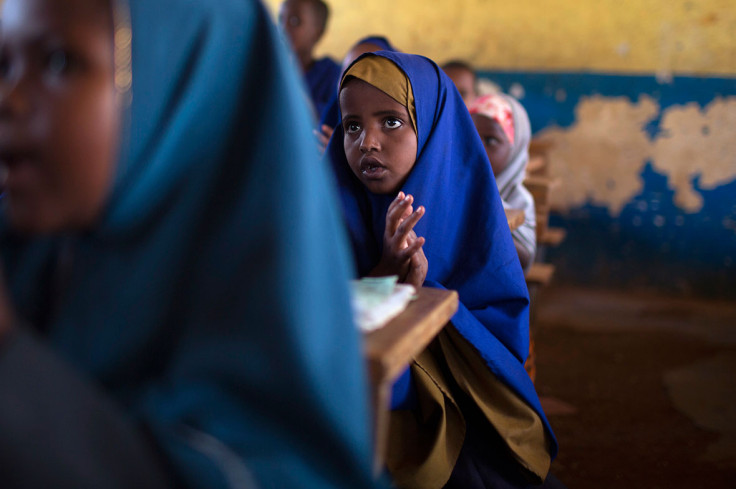NGOs urge Kenya to protect Somali refugees facing conflict and drought
International community and donor countries should give financial support to Kenyan government, NGOs say.

Prominent human rights organisations have urged the Kenyan government to abandon its decision to close the Dadaab refugee camp and allow a quarter of a million Somali refugees living there to remain in Kenya. This is to protect Somali refugees and asylum seekers facing ongoing conflict and a humanitarian crisis in Somalia.
In February, a High Court ruled the government's directives were unconstitutional and discriminated against Somalis who faced being forcefully returned to war-torn Somalia, where they would have been at serious risk of human rights abuses. This month, President Uhuru Kenyatta insisted north-eastern Kenya will be closed by May.
As Kenya today (24 March) hosts an Intergovernmental Authority on Development (IGAD) summit that brings together Eastern African heads of state to discuss the situation of Somali refugees in the region, Human Rights Watch (HRW) and Amnesty International called for Kenya to protect Somalis.
The organisations urged the authorities to publicly declare that the more than 249,000 Somali refugees living there can remain in Kenya until conditions exist for them to return in safety and with dignity.
"Kenya should demonstrate leadership by declaring that Dadaab will remain open and that it will resume prima facie recognition of Somali refugees," said Bill Frelick, refugee rights director at HRW.
The United Nations refugee agency (UNHCR) said that conditions in south-central Somalia are not conducive to mass refugee returns due to ongoing conflict, insecurity, widespread sexual and gender-based violence against women and children, forced recruitment of children and humanitarian conditions.
According to the UN, half of Somalia's population – 6.2 million out of 12.3 million people – are currently in need of humanitarian assistance. More than 260,000 people have been displaced by the drought within Somalia since November 2016, but very little movement into Kenya has been recorded.
Muthoni Wanyeki, Amnesty International's regional director for East Africa, the Horn and the Great Lakes urged the international community and donor countries to guarantee adequate technical and financial support to the Kenyan government and civil society to come up with sustainable, long term durable solutions for refugee integration into the country.
"Given the ongoing drought and security crisis in Somalia, it's high time Kenya's international partners help to ensure that Somalis can find safety and humanitarian assistance in neighbouring countries," she said.
© Copyright IBTimes 2025. All rights reserved.






















